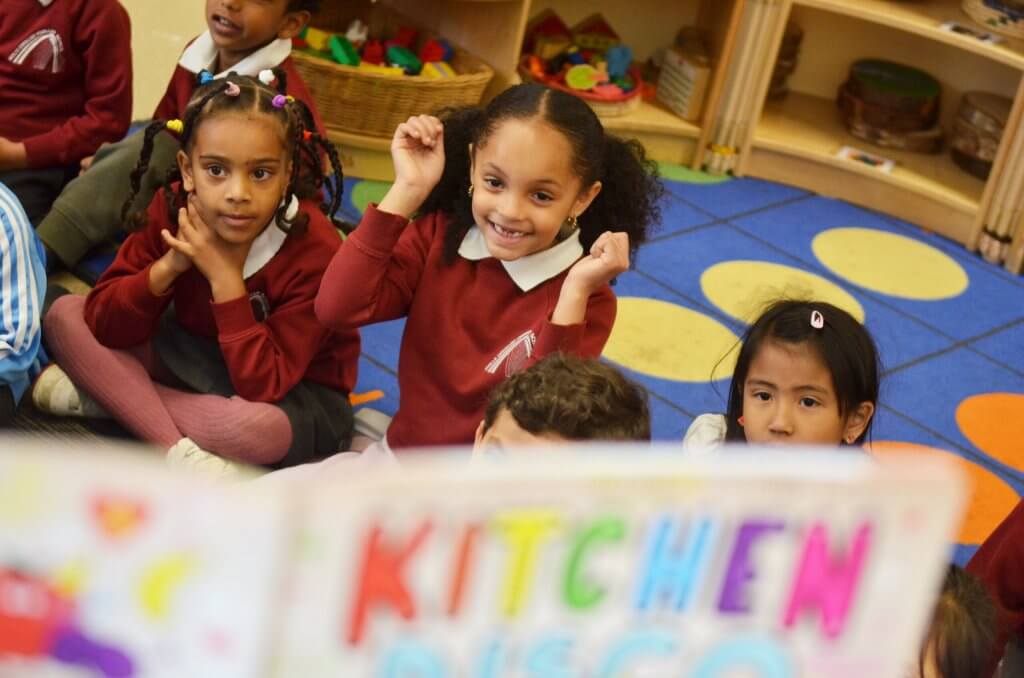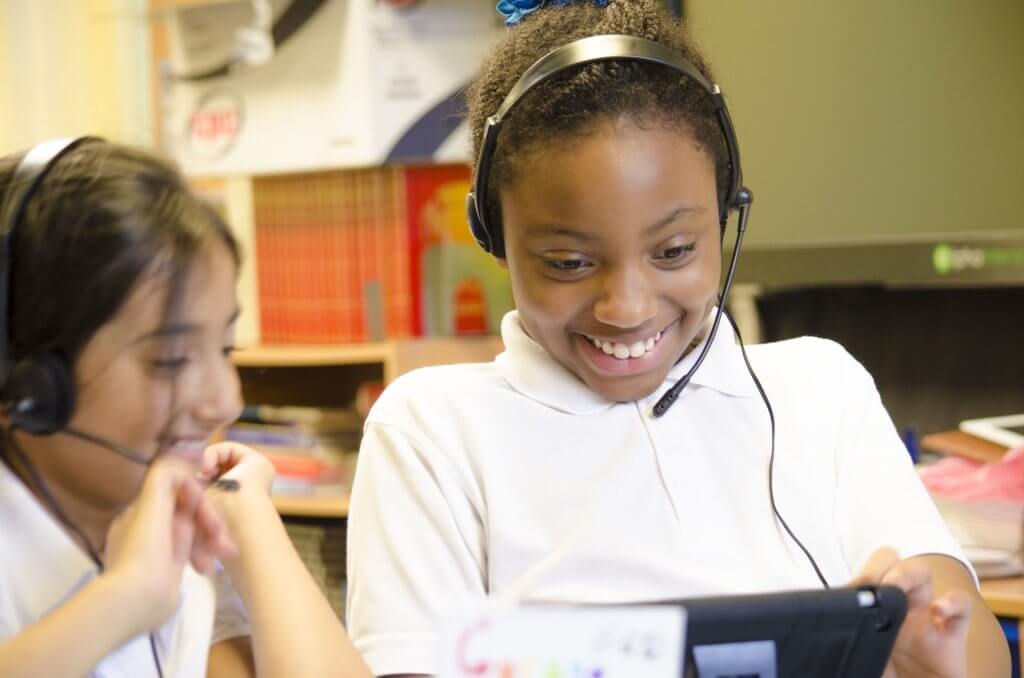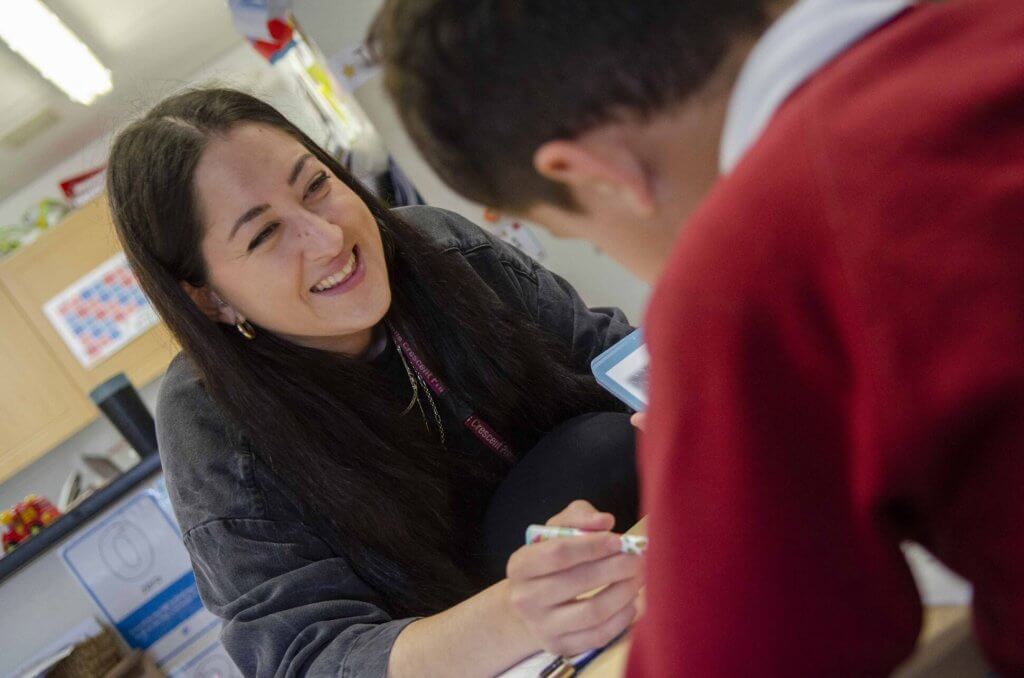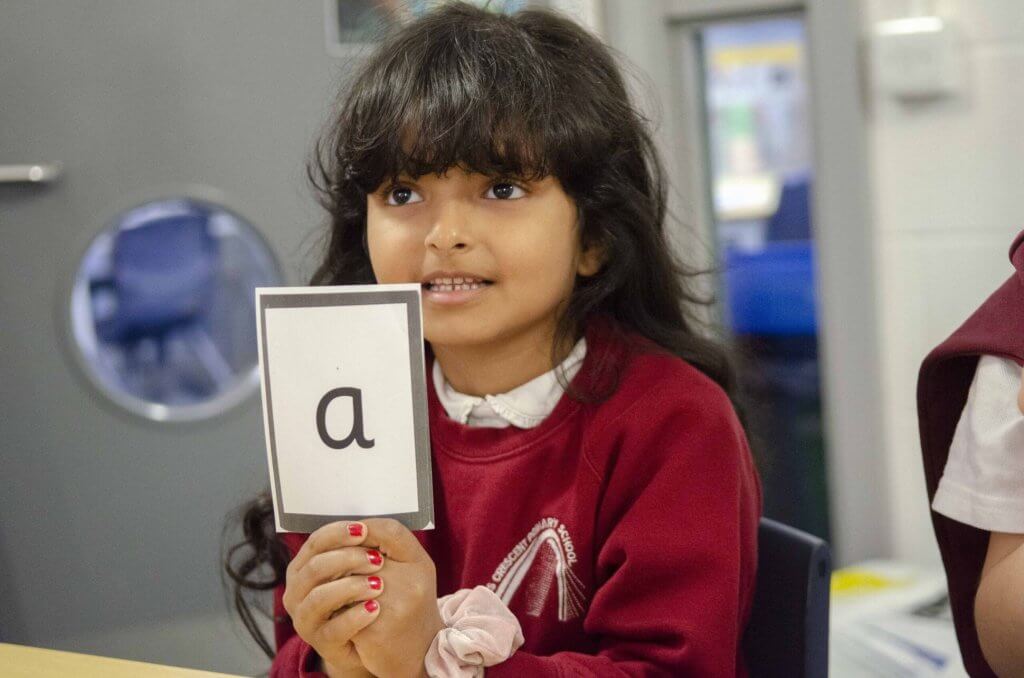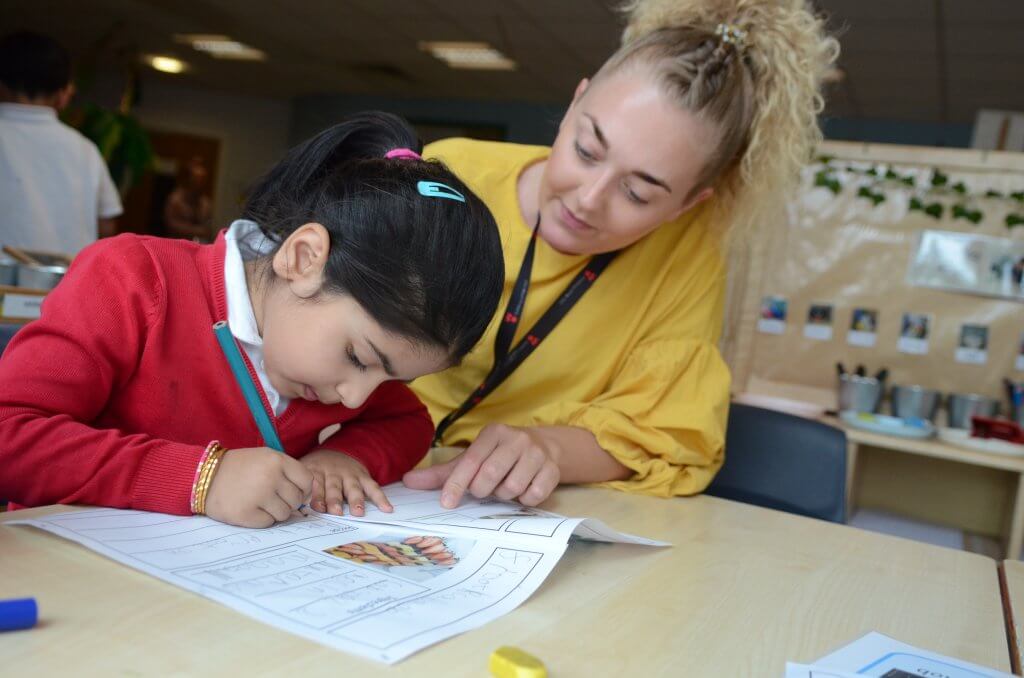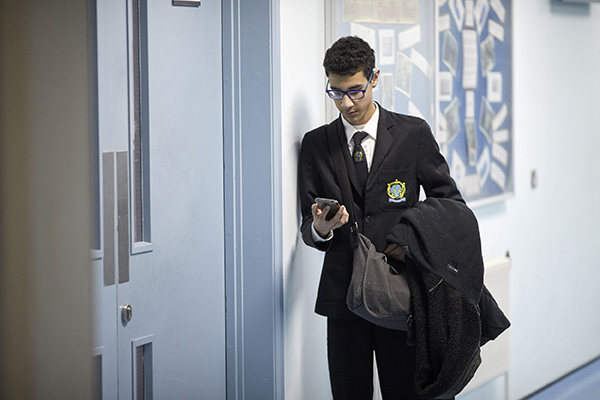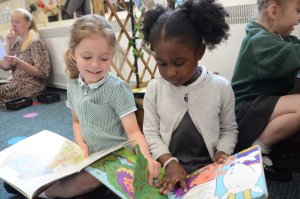With ‘Safer Internet Day’ on 5th February fast approaching, James Traynor, our Pupil Attendance and Safeguarding Adviser, believes this is a perfect opportunity to really take a long hard look on how we use and manage our online habits and the habits of the children around us.
In November 2017, Ofcom published the report ‘Children and Parents media use and attitudes.’ It stated that children as young as 3 had their own smartphones, and children as young as 5 had their own social media profiles. This trend is continuing and the number of young children accessing internet content is only going to grow.
This may be one end of the extreme, however it doesn’t change the fact that, as a population, we are using the internet more and more. Many recent developments in personal technology such as smartphones and smartwatches do not only allow us to access the internet in different ways but require us to do so, meaning that without a connection, these devices are often very limited or completely useless.
Now, this doesn’t mean we should stop and all live by candle light again, however it does mean that, with the majority of people embracing these new technologies, we should be mindful of 2 key points.
- Firstly with every new piece of technology we should equip ourselves with the information and skills to use them responsibly and safely – especially when the internet is involved.
- Secondly to understand how each piece of new technology impacts on our children, on their social emotional skills and most importantly their safety online.
Our children are most vulnerable online says Gov and NSPCC statistics…
It is extremely important to monitor children and young people’s online use. Unfortunately, we have learnt that this is still where our children are most vulnerable. With statistics publish by Gov.uk on ‘online radicalisation’ stating that on an average week over 1000 pieces of content breaching anti-terrorism legislation are removed, and alongside the NSPCC’s document in September 2018 ‘How safe are our children online’ stating that there were over 2200 counselling sessions with Childline where young people they talked to was about online sexual abuse.
So the question remains: How can we keep our children safe online?
There are some fantastic resources published by Childline, NSPCC and O2 which give a really clear and concise messages for young people, and guidance for parents on having those conversations with young people about staying safe.
Finally for professionals, where do we sit in all of this? Well, our role is simple: to educate. So do exactly that. The more our students know about staying safe online and empowering them in knowing what is right and not right. If they are unsure, to ask a responsible adult, is always the best place to go for help. Childnet have some great resources for professionals which you can find linked below.
Here are my three top tips:
- Embrace – Skill yourself up on new websites and technologies so you know what is appropriate for young people to use and what may not be.
- Educate – Teach your young people what is appropriate for them to view, how long they should be online for and what to do if something makes them feel uncomfortable.
- Empower – Give young people the confidence to teach others and challenge inappropriate content and understand their rights when it comes to them and their personal information online.
So remember, embrace the internet, it’s a wonderful ever changing resource that allows us access to an entire world of knowledge and creativity, but do so with caution, knowledge and the skills to do so properly.
Further reading:
Any suspicious or concerning activity can be reported to CEOP here:
Please get in touch or visit this page for more information.

